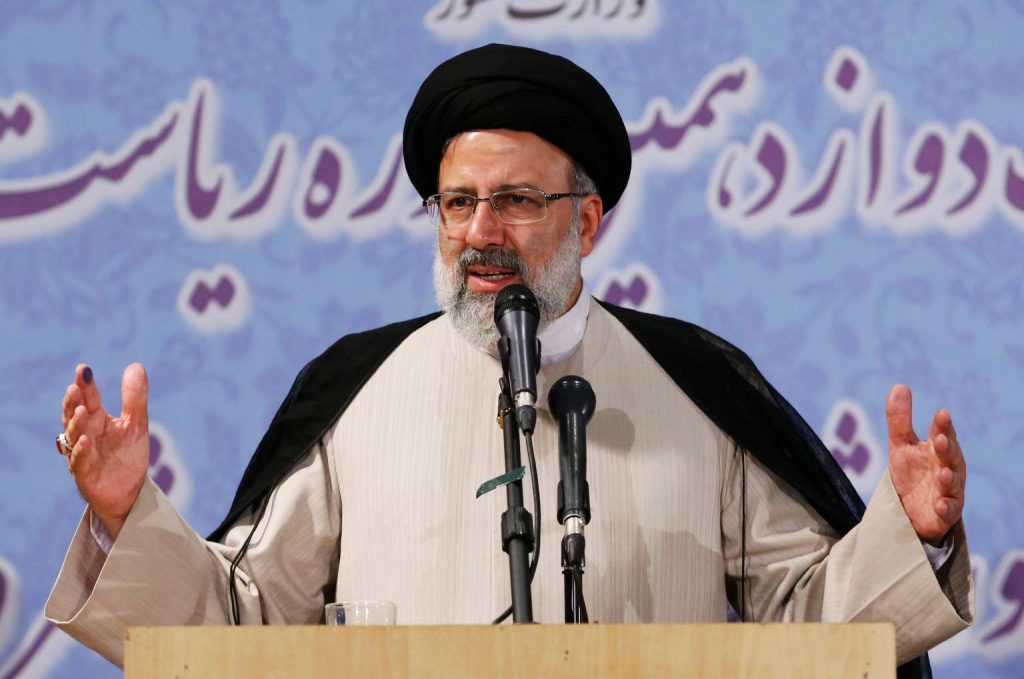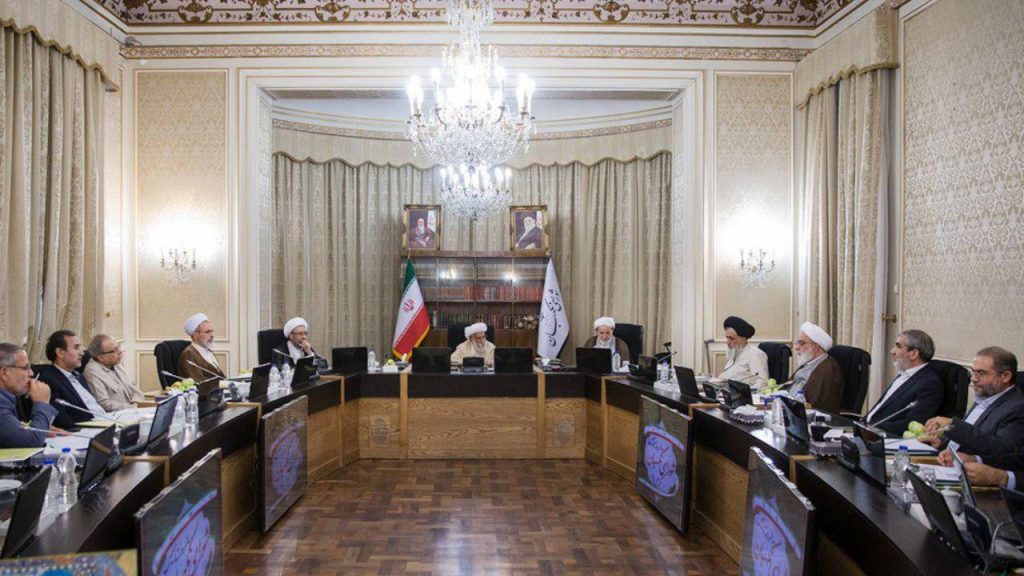
On 18 June, Iran conducted its 13th Presidential elections with an all-time low voter turnout of 48.8 per cent. The election results were announced on 19 June, with Iran’s top cleric Ebrahim Raisi, termed ultraconservative, by the western media winning the polls with a landslide victory.
Iran’s Guardian Council declared the final list of candidates on 25th May, choosing seven candidates out of the 592 applicants. After three candidates decided to back out, the elections had only four contestants – Ebrahim Raisi, Iran’s top cleric; Mohsen Rezaei, former commander-in-chief of the Islamic Revolutionary Guard; Abdolnaser Hemmati, former head of the Central Bank of Iran; and Amir-Hossein, the deputy speaker of the Iranian parliament.
According to the election results, Raisi has won 62 per cent of the votes, followed by Rezai with 11.8 per cent. The other candidates, Hemmati and Amir-Hossein, received 8.4 and 3.5 per cent of votes, respectively.
Were the 2021 polls predetermined?
The voting percentage declined drastically during the 2021 polls. With more than 59 million eligible voters, the elections saw a turnout of 48.8 per cent making it a lowkey election turnout.
A row of controversies regarding bias in the Presidential elections began after the Guardian Council released the list of candidates. The Guardian Council, which is not elected by the people, has the power to choose or reject candidates without giving any reason.
The Iranian public and the international community started calling the elections rigged as the list did not have a healthy mix of contestants, and most critics found the electoral process to be favouring Ebrahim Raisi. It can be recalled that on 16 June, three Presidential candidates withdraw their nominations from the polls.
It was reported that the Iranian public were also frustrated about the worsening economic conditions and the role of non-elected bodies (like the Guardian Council) in suppressing their choices. After three candidates dropped out of the race two days before the elections, the public opinion towards voting worsened. This resulted in most Iranians making up their minds not to vote, knowing the inevitable outcome. This resulted in the low voter turn-out say observers.

Moreover Ebrahim Raisi had a pre-election advantage. He has been seen as a protege of the Ayatollah and has also found favour amongst ultranationalists through his father-in-law, the Grand Imam of Imam Reza shrine. The bias towards Raisi became evident after the state media publicized his contributions and persona more than the other candidates during the election campaigns.
Previous Presidential Polls
The last Presidential elections in 2017 saw a massive voter turnout of 73.3 per cent and 40 million votes being cast. The competition was also stiff between the then President Rouhani and his rival Ebrahim Raisi, thereby asserting the legitimacy of the elections.
Earlier, in the 2013 elections, Rouhani won the race with securing more than 50 per cent in the first round; this election also witnessed more than 70 per cent of the voters taking part.
In 2009, Mahmoud Ahmadinejad got reelected with a record 80 per cent polling and securing more than 60 per cent of the votes.
